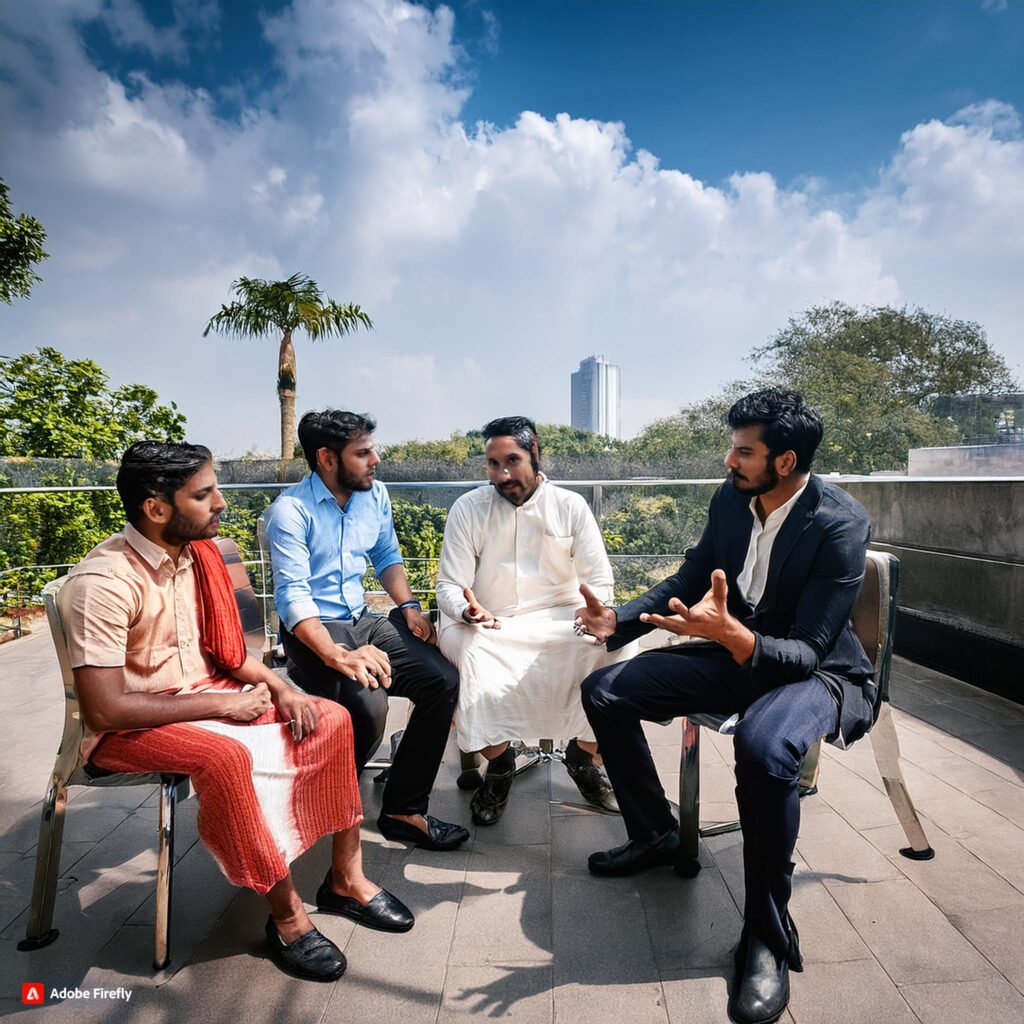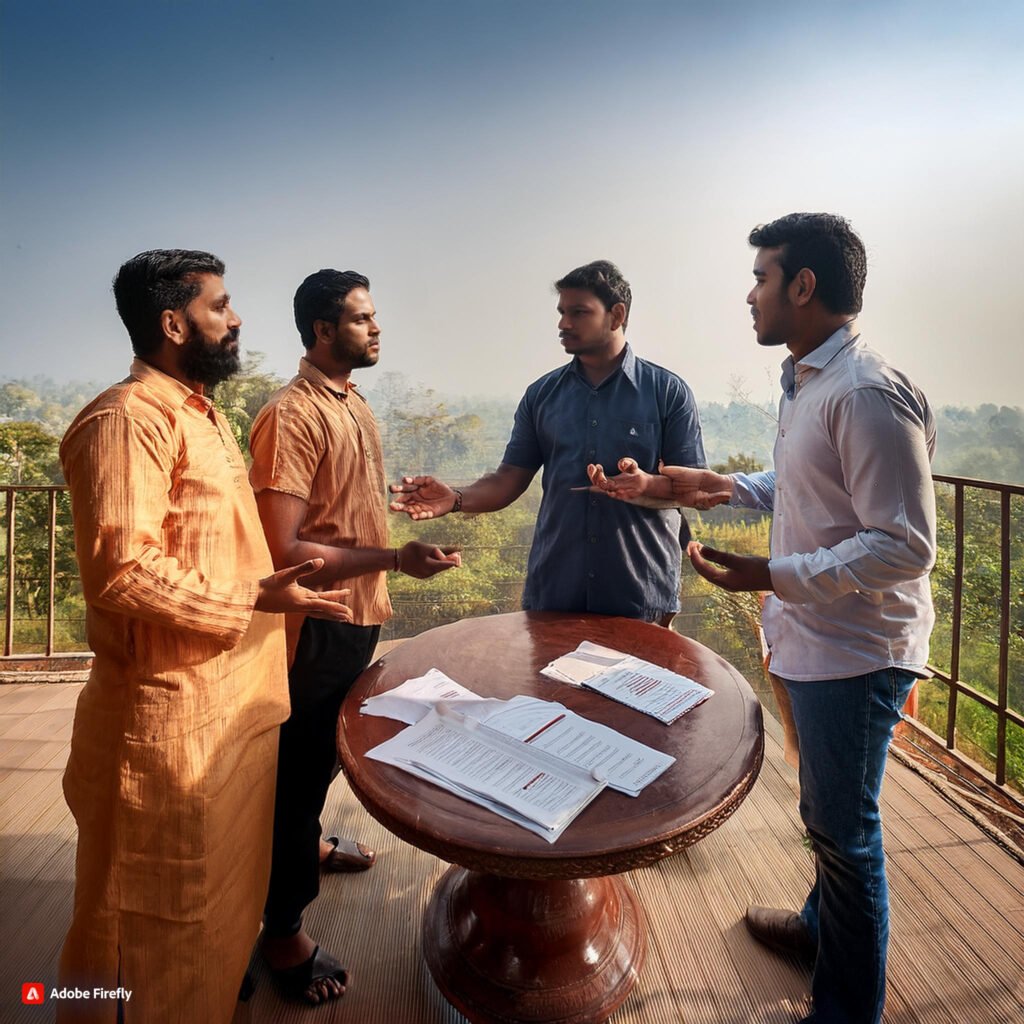The Art of Respectful Disagreement
Mastering the Art of Respectful Disagreement: A Key to Deeper Connections
In a small town, there were two best friends, Rachel and Mike. The two came from childhood and had grown very close possibly because they were related. But, they were very much politically dissimilar. Rachel was very liberal-minded, while Mike on the other end considered himself a conservative.
One day they found a long-standing discussion going on a topic, which is sensitive to many people. Rachel stated her reasons as to why she took her position while Mike argued for his stand. The discussion soon turned into an argument where friends became polarised and then became inflexible to reason with one another.

They got fed up and felt like giving up on the conversations which they tried the following morning. The next day Rachel sits and thinks about what has happened they both argue with each other and she becomes so stubborn that she even ignores the opinion of Mike.
The next day, they agreed to restart the conversation with a twist: they would not necessarily argue with the other to win but listen and see things from the other’s point of view. They listened attentively, made pro-questions, and some asked for elaboration.
When they were doing this they found out that the differences which set them apart were not as cumbersome to overcome. Rachel learned about Mike’s concerns while Mike was able to understand the genuineness of the point being raised by Rachel.

It changed from an argument, or two people shouting at each other to a clear dialogue or two people giving their opinion. Each one realized that it is easy to accept a person differing from them and also to look for similarities. Since then, Rachel and Mike tried to disengage from a conflict productively, enhancing their friendship and personal perceptions of conflict.
This story underlines the necessity of patience and open, tolerant discussions to improve relations and make them smoother. This way, people can turn conversations into the processes of learning and growing through actively listening to arguments that are different from their own.
Content:
It is impossible today to deny the fact that discord is part and parcel of today’s divided world. But it can be noted that two people or entities can seep apart on a particular issue without being condescending to one another. Conflict can therefore be done diplomatically which in turn strengthens bonds, helps in identifying with others, and accepting other people.
Benefits of Embracing Different Perspectives:
Benefits of Embracing Different Perspectives:
– Encourages critical thinking
– Helps a person build compassion and accept the world as it is.
– Strengthens relationships
– Promotes personal growth
Strategies for Constructive Conversations:
– Practice active listening
– Ask open-ended questions
– Avoid assumptions
– It is important not to concentrate on people but on the problem at hand.
Conclusion:
Disrespectful communication is not very effective in our lives; listening to the opposition is a very beneficial skill. The inclusion of other people’s views and productive conversation can help to develop better interpersonal relationships and lead to personal development.
If you think you’re an introvert and you are not happy to talk about your things with a known person, then kindly connect with LINK, you will find the best buddy, and there you can share things that you want.